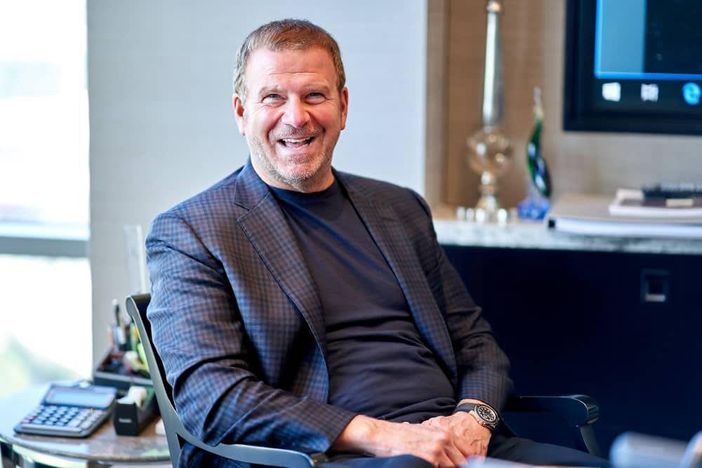Local billionaires Jeffery Hildebrand and Tilman Fertitta top list of richest in Houston, per Forbes
meet the billionaires
According to Forbes, half of all of the world’s billionaires are less wealthy than they were in 2022. But that’s not the case for most Houston-area billionaires like oil tycoon Jeffery Hildebrand, who was named the richest man in the city.
The 2023 edition of Forbes’ World’s Billionaires List declared Hildebrand’s net worth at $10.2 billion, placing him as the 171st richest person in the world. His fortune is $2.7 billion higher than his 2022 net worth of $7.5 billion, when he ranked No. 316 on the list.
As CultureMap reported, in 2015, Hildebrand made headlines when he gifted each of his 1,381 employees a $100,000 holiday bonus.
Houston’s favorite hospitality mogul and Rockets owner Tilman Fertitta is the city’s second-richest man, with his net worth climbing up to $8.1 billion. He ranked No. 256 on Forbes’ list, substantially higher than his No. 471 rank in 2022 when his net worth was $5.6 billion. Fertitta is surely living life to the fullest after hosting Miami rapper Pitbull at his San Luis Salute celebration earlier this year.

Tilman Fertitta is sitting pretty at No. 2. Photo by J. Thomas Ford
Other Houston-area billionaires that made Forbes 2023 world’s richest list are:
- Pipeline magnate Richard Kinder: tied for No. 317, $7.2 billion, down from $7.5 billion
- Houston siblings and pipeline heirs Dannine Avara, Scott Duncan, Milane Frantz, and Randa Duncan Williams: all tied for No. 352, $6.8 billion, up from $6.6 billion
- Toyota mega-dealer Dan Friedkin: tied for No. 466, $5.5 billion, up from $4.3 billion
- Houston Texans owner Janice McNair: tied for No. 534, $5 billion, up from $4.2 billion
- Hedge fund honcho John Arnold: tied for No. 878, $3.3 billion, unchanged since 2018
- Energy exploration chief exec George Bishop: tied for No. 982, $3 billion, up from $2.7 billion
Dallas Cowboys owner Jerry Jones'$13.3 billion net worth won him the title of Dallas' richest person, and the 12th richest sports owner on Forbes' "World's Richest Sports Owners 2023." His net worth is up from $10.6 billion last year.
The Fort Worth-based Walmart family heiress Alice Walton earned a spot on Forbes’ list as the third richest woman in the world. Her fortune is pegged at $56.7 billion, down slightly from $65.3 billion last year.
------
This article originally ran on CultureMap.
